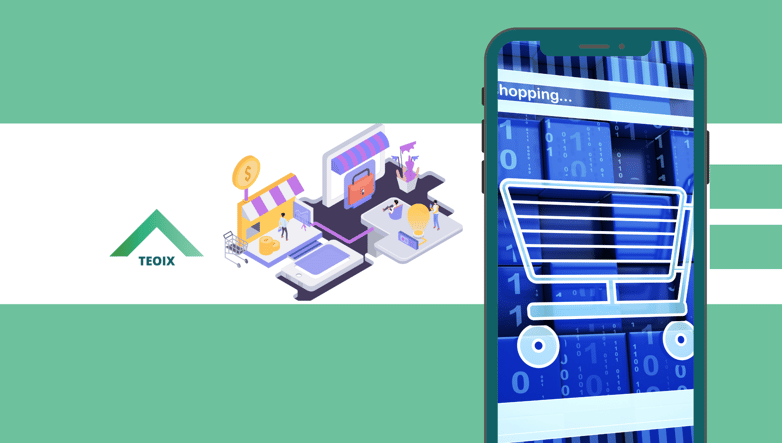Unveiling the Power of Business-to-Business (B2B) E-commerce
BLOGS
5/9/20242 min read


The emergence of Business-to-Business (B2B) e-commerce has changed the nature of business-to-business interactions in the ever-changing world of commerce. B2B e-commerce, as opposed to its Business-to-Consumer (B2C) equivalent, entails the transfer of products, services, or data between companies using online platforms or digital channels. This emerging trend has opened up a wealth of options for increased efficiency, scalability, and profitability in addition to revolutionizing the way firms do transactions.
B2B e-commerce includes a broad range of activities, from the distribution of final goods to the outsourcing of services and the purchase of components and raw materials. Businesses may access a worldwide marketplace, expedite their purchasing procedures, and establish strategic alliances with suppliers, distributors, and service providers across borders by utilizing digital platforms.
The potential of B2B e-commerce to streamline the procurement process is one of its main advantages. Conventional procurement techniques frequently include laborious paperwork, manual approval processes, and logistical difficulties. But companies may automate different phases of the procurement lifecycle—from sourcing and supplier selection to order placement and invoicing—with B2B e-commerce systems. This speeds up the procurement process and lowers administrative costs while improving supplier relationships' transparency.
Additionally, B2B e-commerce promotes increased productivity in supply chain and inventory management. Businesses may optimize inventory levels, reduce stockouts, and enhance order fulfillment accuracy by having real-time visibility into inventory levels, order statuses, and delivery timetables. Moreover, smooth coordination and communication are made possible by digital integration with suppliers and logistics partners, which promotes just-in-time inventory replenishment and effective logistics planning.
Additionally, B2B e-commerce enables companies to customize their products and marketing plans to meet the specific needs of each client. Businesses can segment their target audience, predict their preferences, and provide individualized product suggestions, pricing plans, and promotional offers by utilizing data analytics and customer insights. This improves consumer happiness and encourages repeat business and long-term loyalty.
Furthermore, B2B e-commerce makes it easier to penetrate new markets and broaden one's market reach. Businesses can reach a worldwide audience and break through regional boundaries by showcasing their goods and services on online marketplaces and digital storefronts. This allows them to tap into untapped customer markets. This makes it possible for companies to increase market stability, diversify their sources of income, and take advantage of new chances in unexplored markets.
In summary, business-to-business e-commerce (B2B e-commerce) signifies a paradigm shift in how companies conduct business and work with suppliers along the supply chain. Businesses may increase market reach, improve inventory management, personalize client interactions, and expedite procurement procedures by embracing digital platforms. For companies looking to prosper in the digital era, B2B e-commerce will continue to be a pillar of development and innovation as technology develops and changes the face of business.


